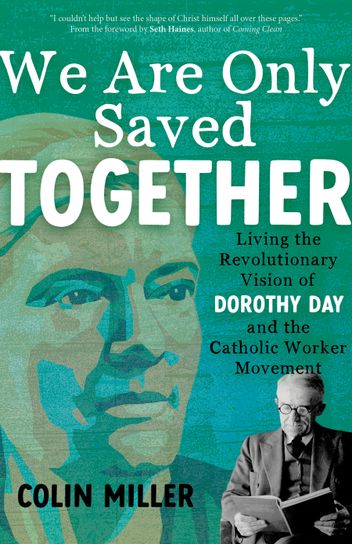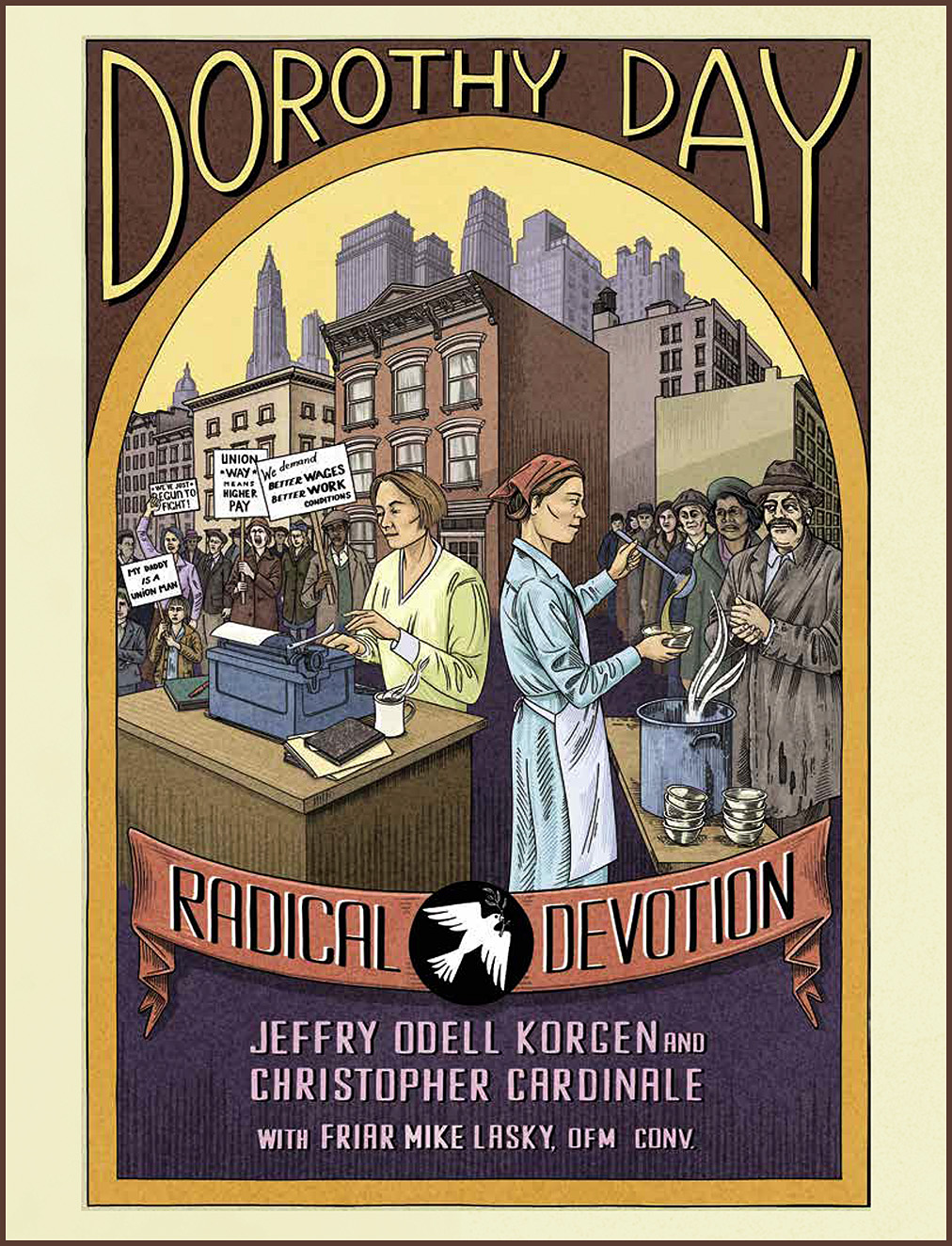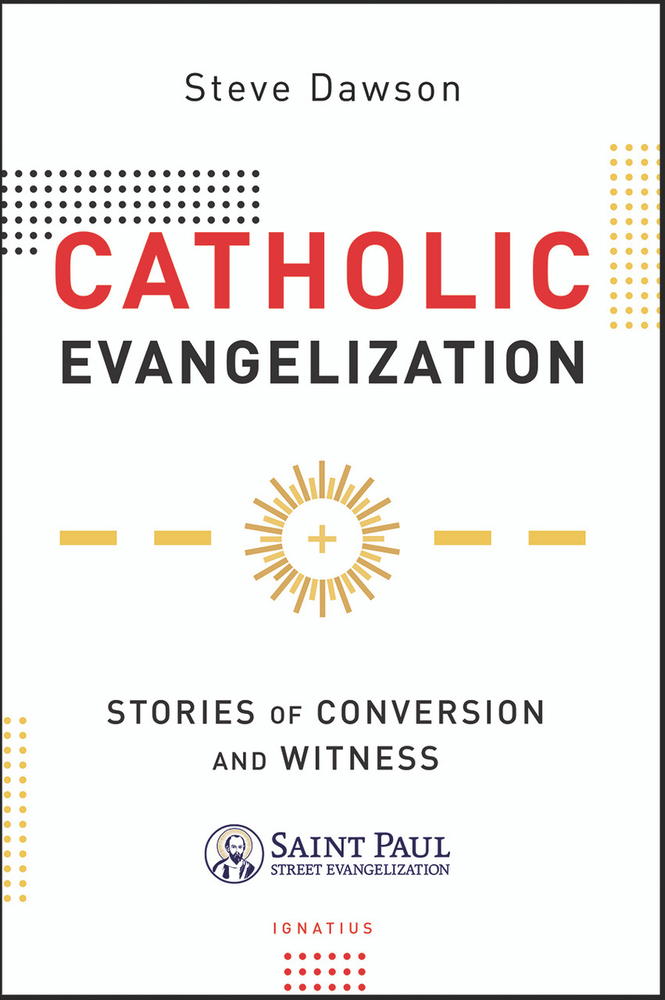[EasyDNNnews:IfExists:Event]
[EasyDNNnews:IfExists:EventRegistration][EasyDNNnews:EventRegistration:RegisterButton][EasyDNNnews:EndIf:EventRegistration]
[EasyDNNnews:IfExists:Payment]
[EasyDNNnews:Price][EasyDNNnews:EndIf:Payment]
[EasyDNNnewsLocalizedText:Eventdate]:
[EasyDNNnews:EventDate] [EasyDNNnewsLocalizedText:ExportEvent]
[EasyDNNnews:IfExists:EventLocation]
[EasyDNNnewsLocalizedText:EventLocation]: [EasyDNNnews:EventLocation]
[EasyDNNnews:EndIf:EventLocation]
[EasyDNNnews:IfExists:EventRegistration]
- [EasyDNNnewsLocalizedText:NumberOfAttendants]: [EasyDNNnews:EventRegistration:NumberOfAttendants]
- [EasyDNNnewsLocalizedText:MaxNumberOfTickets]: [EasyDNNnews:EventRegistration:MaxNumberOfTickets]
- [EasyDNNnewsLocalizedText:NotUsedTickets]: [EasyDNNnews:EventRegistration:NotUsedTickets]
[EasyDNNnews:IfExists:Payment]- [EasyDNNnewsLocalizedText:Price]: [EasyDNNnews:Price]
[EasyDNNnews:EndIf:Payment]
[EasyDNNnews:EventRegistration:InfoMessage]
[EasyDNNnews:EndIf:EventRegistration]
[EasyDNNnews:IfExists:EventSignUp]
[EasyDNNnewsLocalizedText:AreYouGoing]
[EasyDNNnews:SignUpActionBar]
[EasyDNNnews:EndIf:EventSignUp]
THE CATHOLIC REVIEW: Book recommendations for September reading
by Deacon Rick Bauer
Those who understand the signs of the times are increasingly jarred by the hollowing out of the American middle class. The variance between owner and worker in today’s industries is greater than even Gilded Age barons; the increasing costs of education, health care, housing, and food are hampering the building of fruitful and faithful families in our land. The voices that tempt our citizens toward despair and violence are being accepted as alternatives to this present crisis, for it seems that representative government can only appear to be hopelessly corrupt with self-interest on every side, in every party, leaving a faithful Catholic confused as to ways to live out an authentic Catholic faith. The deluge of social media only impersonates our sense of connection and happiness.
 In a world where rates of suicide and mass violence increase, Colin Miller presents a refreshing alternative perspective in “We Are Only Saved Together: Living the Revolutionary Vision of Dorothy Day and the Catholic Worker Movement” (Ave Maria Press, 2024). Drawing from the rich traditions of the Catholic Worker movement, Miller illustrates how true fulfillment lies not in online validation or in conspicuous consumption, but in authentic relationships, shared experiences, and the pursuit of the common good. This timely reminder shows us how the joy we are made for is found in the practice of the Gospel, in the company of others, and especially in friendship with the poor.
In a world where rates of suicide and mass violence increase, Colin Miller presents a refreshing alternative perspective in “We Are Only Saved Together: Living the Revolutionary Vision of Dorothy Day and the Catholic Worker Movement” (Ave Maria Press, 2024). Drawing from the rich traditions of the Catholic Worker movement, Miller illustrates how true fulfillment lies not in online validation or in conspicuous consumption, but in authentic relationships, shared experiences, and the pursuit of the common good. This timely reminder shows us how the joy we are made for is found in the practice of the Gospel, in the company of others, and especially in friendship with the poor.
Lately, some are considering again what community at a smaller scale means for the preservation and sustainability of our Catholic faith and the Christian gospel. This book is not a call to become a strange, marginal, or fringe Catholic; it is a call to become fully Catholic by embracing the essential traditions that have always been at the heart of the Church. The book is not a history of this movement in America but rather explains how it can be applied in our own world today. It does not mean the abandonment of national borders and surrendering the traditions and laws of our land; on the contrary, it seeks to return to a kindness not found in mega-corporate global initiatives, but in the smaller scale communities reflecting the values of Catholic subsidiarity.
Following the “little way” of St. Thérèse of Lisieux (one of Dorothy Day’s favorite saints), Miller shares practical ideas to consider when seeking to encounter Christ in these places, such as exploring the power of shared meals and feasts; reframing our encounters with people in poverty through a surprising look at the Good Samaritan parable; ideas on how to live closer to the land; discerning and discovering the qualities that bring dignity to our work; and steps to embrace voluntary simplicity.
With the nationwide realization in many circles that the attractiveness of the Christian Gospel is now debatable, we must choose either faithless cynicism or renewed, total commitment to live the life of a disciple of Jesus. Jesus again calls us to leave everything and follow him. He asks us to spend all of ourselves — all of our time and money and intelligence and energy — in loving God and taking care of one another. As Miller reminds us, “What else do we really have to do before we die?”
 For those unfamiliar with the life and ministries of this truly American Catholic, “Dorothy Day: Radical Devotion” (Paulist Press, 2024) is a graphic novel (don’t ever call them comic books), that summarizes Day’s life in stories. Many of them were only recently discovered in the New York Archdiocesan Inquiry into the Life and Virtues of Servant of God Dorothy Day, coordinated by author Jeffry Korgen. This book not only introduces readers to the amazing life of Dorothy Day and reviews her impact on the Church and peace and justice movements; we are given an informative understanding of the process of canonization. As Cardinal Timothy Dolan of New York attested, “Dorothy Day is certainly deserving of a lot more attention . . . this engaging graphic biography succinctly tells of her remarkable life of faith and service and adds another impetus to her eventual beatification and canonization.”
For those unfamiliar with the life and ministries of this truly American Catholic, “Dorothy Day: Radical Devotion” (Paulist Press, 2024) is a graphic novel (don’t ever call them comic books), that summarizes Day’s life in stories. Many of them were only recently discovered in the New York Archdiocesan Inquiry into the Life and Virtues of Servant of God Dorothy Day, coordinated by author Jeffry Korgen. This book not only introduces readers to the amazing life of Dorothy Day and reviews her impact on the Church and peace and justice movements; we are given an informative understanding of the process of canonization. As Cardinal Timothy Dolan of New York attested, “Dorothy Day is certainly deserving of a lot more attention . . . this engaging graphic biography succinctly tells of her remarkable life of faith and service and adds another impetus to her eventual beatification and canonization.”
Day was an American single mother who started the Catholic Worker movement, a Catholic movement for peace and justice that continues to grow. Even in the midst of a disappointed American public and many dispirited Christians (Catholics included), many are unfamiliar with her story. This book helps meet the need for resources that are more easily read, featuring vivid storytelling and lavish illustrations. Many Catholics need reintroduction to Servant of God Dorothy Day, one of the first to claim the self-identifying title of “spiritual but not religious” in today’s wounded spiritual ecosystem. We are thrilled to share this illustrated story of the relatable life of a convert called to a radically Catholic life of journalism, prophetic witness, and service to the poor.
 In his new book “Catholic Evangelization: Stories of Conversion and Witness (Ignatius Press, 2024),” author Steve Dawson has quite a story to share. At age 30, Steve Dawson had hit rock bottom. With a bottle of whiskey in his hand, he fell to his knees in a field of grass behind his parents’ house and prayed his first real prayer: “God, if you are real, you’ll have to show me.” God broke powerfully into his life and, within a month, Steve went to confession for the first time since second grade. As a testament to the kind of life he had been living up until this point, his confession took an hour and a half, and his penance was to say 30 rosaries!
In his new book “Catholic Evangelization: Stories of Conversion and Witness (Ignatius Press, 2024),” author Steve Dawson has quite a story to share. At age 30, Steve Dawson had hit rock bottom. With a bottle of whiskey in his hand, he fell to his knees in a field of grass behind his parents’ house and prayed his first real prayer: “God, if you are real, you’ll have to show me.” God broke powerfully into his life and, within a month, Steve went to confession for the first time since second grade. As a testament to the kind of life he had been living up until this point, his confession took an hour and a half, and his penance was to say 30 rosaries!
Steve soon developed a hunger to share with the world the treasure he found in Jesus and his Church. He had never seen any Catholics evangelizing. He had seen Bible-waving Protestants, bicycling Mormons, and smartly dressed Jehovah’s Witnesses, but no Catholics. He became determined to do something about it.
He heard stories about St. Maximilian Kolbe, who evangelized strangers by offering them a blessed Miraculous Medal. Kolbe called the medal, “Our Lady’s Silver Bullet” because it was a channel of grace. Steve decided to start a conversation by asking someone if they would like a free Miraculous Medal. Then he would tell them about it and ask if they were a Christian. The conversations happened supernaturally from there.
Steve and his wife Maria, along with another couple, began to evangelize at the Saturday Market in Portland, Oregon. The area has lots of foot traffic during the summer, as well as street performers and food vendors. No one is rushing off to work, and folks seem content to while away an afternoon. The foursome spread out a picnic blanket on the concrete, erected their “Catholic Truth” sandwich board sign, and set out Miraculous Medals, rosaries, pamphlets, and prayer cards. They prayed a rosary, and waited for people to approach — and for the Holy Spirit to do his work. Thus St. Paul Street Evangelization (SPSE) was born.
St. Paul Street Evangelization provides the tools and resources for Catholics to engage the culture in a simple, non-confrontational method of evangelization. They make themselves available to the public to answer questions about the faith and to pray with those who request it. SPSE has had tremendous growth and now has teams throughout the United States and internationally.
But a person might ask, “How can lay people share the Catholic faith so publicly? Isn’t that the job of priests and bishops?” The Catechism of the Catholic Church states, “Lay people also fulfill their prophetic mission by evangelization, ‘that is, the proclamation of Christ by word and the testimony of life.’ For lay people, ‘this evangelization acquires a specific property and peculiar efficacy because it is accomplished in the ordinary circumstances of the world’” (CCC, No. 905).
As a lay organization, SPSE works in fidelity and obedience to the Catholic Church and her Magisterium (as stated on the the SPSE website). According to Dr. John Bergsma, theology professor at Franciscan University of Steubenville, “Pope St. John Paul II called for a New Evangelization, but who’s actually doing it? These people are. Read their stories, learn, and be encouraged.”
— Deacon Rick Bauer
(For comments or to suggest a book that might be helpful for Catholics, write Deacon Rick at rbauer@diocs.org.)
2794